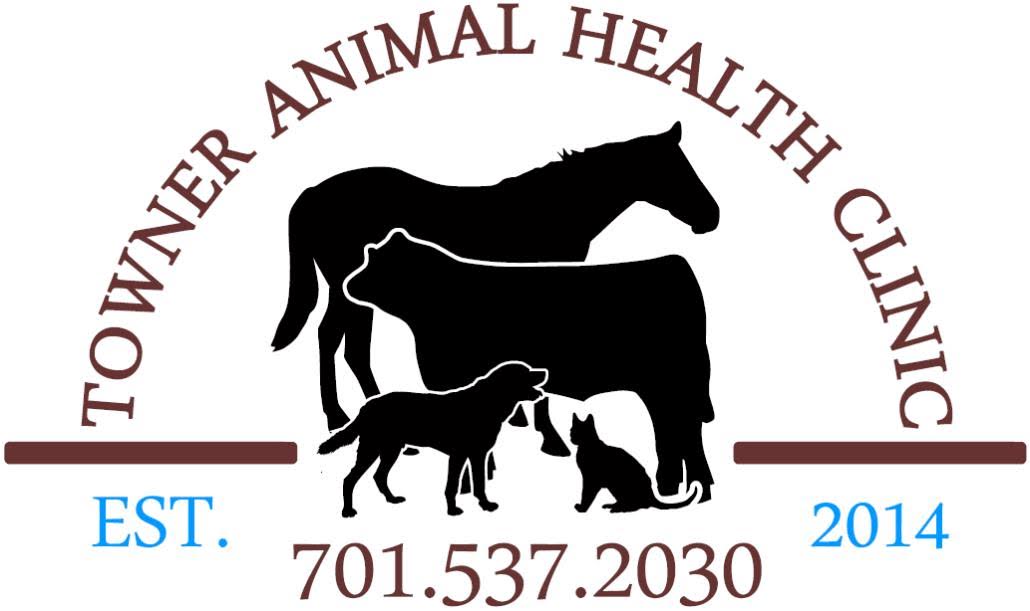Library
-
Gingivitis refers to inflammation of the gums. Stomatitis may involve the gums, tongue, inner surfaces of the lips, and/or the floor and roof of the mouth. Gingivitis may be caused by a bacterial infection from plaque on the teeth and is usually associated with poor oral hygiene. It can lead to more severe periodontal disease and tooth loss. Diagnosis and treatment are discussed. The prognosis for stomatitis varies depending on the pet, and tooth extractions may be required. A consistent homecare program and regular evaluation by your veterinarian will improve your dog's prognosis.
-
Bad breath (halitosis) is caused by bacteria, plaque, tartar, decomposing food particles, or death of tissue. Treatment of halitosis in cats involves eliminating the cause(s). The teeth need to be thoroughly cleaned and polished under general anesthesia. Teeth affected by advanced periodontal disease or tooth resorption need to be extracted. Reducing the accumulation of plaque, tartar, and resulting halitosis can be achieved by using VOHC-accepted products.
-
Bad breath (halitosis) is caused by bacteria, plaque, and tartar. Once halitosis occurs, professional veterinary oral prevention, assessment, and treatment is needed. Teeth affected by advanced periodontal disease need to be extracted. Reducing the accumulation of plaque, tartar, and resulting halitosis can be achieved by using VOHC-accepted products.
-
Cats have four types of teeth: incisors, canines, premolars, and molars. Skeletal malocclusion results when an abnormal jaw length creates a malalignment of the teeth. Dental malocclusion occurs when the upper and lower jaw lengths are considered normal but one or more teeth are out of normal alignment. This article explains the common forms of skeletal and dental malocclusion seen in cats.
-
Dogs have four types of teeth: incisors, canines, premolars, and molars. Skeletal malocclusion results when an abnormal jaw length creates a malalignment of the teeth. Dental malocclusion occurs when the upper and lower jaw lengths are considered normal but one or more teeth are out of normal alignment. This article explains the common forms of skeletal and dental malocclusion seen in dogs.
-
There are many reasons why your cat might need oral surgery, including dental disease and oral tumors. Your veterinarian may refer your cat to a board-certified dentist, surgeon, or oncologist. Prior to your cat's surgery, blood tests will be performed to prepare an anesthetic protocol suitable for your cat. Most cats recover with minimal discomfort and will need to eat soft food until healing is complete.
-
There are many reasons why your dog might need oral surgery, including oral tumors, dental disease, or repair of jaw fractures. Your veterinarian may refer your dog to a board-certified dentist, surgeon, or oncologist. Prior to your dog's surgery, blood tests will be performed to prepare an anesthetic protocol suitable for your dog. Most dogs recover with minimal discomfort and will need to eat soft food until healing is complete.
-
There are many causes of oral swellings, including local trauma, infection, fluid accumulation and tumors. If you find an oral swelling in your cat's mouth, book an appointment with your veterinarian as soon as possible. Your veterinarian will perform diagnostic tests such as intraoral X-rays, blood tests, and tissue sampling. Treatment and prognosis depend on the cause.
-
There are many causes of oral swellings, including local trauma, infection, fluid accumulation and tumors. If you find an oral swelling in your dog's mouth, book an appointment with your veterinarian as soon as possible. Your veterinarian will perform diagnostic tests such as intraoral X-rays, blood tests, and tissue sampling. Treatment and prognosis depend on the cause.
-
Fibrosarcomas are the second most common oral tumor in cats and arise from the fibrous and connective tissues of the oral cavity. These tumors are very invasive locally and are often difficult to manage, Diagnosis is based on biopsy and treatment involves surgery and occasionally radiation or chemotherapy. Palliative care with pain relief and antibiotics are essential to improve quality of life.

